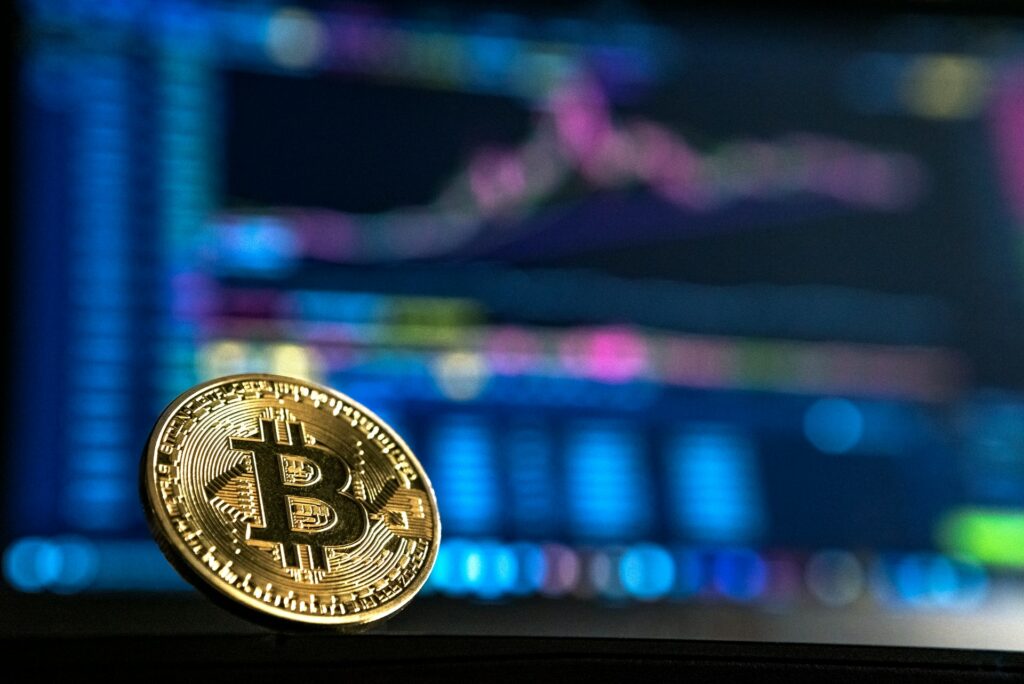Buying Bitcoin carries risk, just like any other speculative investment. Since its commencement, Bitcoin has been the first digital asset to give birth to the current crypto ecosystem. Bitcoin attracted cult-like investors who see this as a potential replacement for the money market. The government and the institutions are developing different types of ways to meet up the growing demands of the customers. It shows that bitcoin has become the household name of the government and the institutions. The criticism received by Bitcoin was similar to how the internet was viewed as a speculative investment. In reality, the current adoption rate of Bitcoin exceeds that of the internet in 1998, and millions of people now own Bitcoin and trade at bitcoincircuit homepage. The following are some reasons why Bitcoin is such a risky investment.

Bitcoin remains highly volatile.
The price related to bitcoin and all currencies related to crypto remains extremely volatile because bitcoin is such a young market and the money. Bitcoin’s price can swing dramatically in a day or even minutes. Trading, as a result, is a risky endeavor. Fundamentals, in general, tend to favor currencies. On the other hand, Bitcoin is not yet a fully functional medium of exchange, and its “principles” are still being developed.
Looking at the prior all-time high is instructive as a long-term investment. For example, in December of 2017, Bitcoin reached a high of $20,000 for the first time. That may sound appealing nowadays that Bitcoin is frequently trading at $50,000 or higher, but just a few months ago, in Feb 2018, the price had plummeted to under $7,000. This sharp drop is likely to occur again.
Bitcoin isn’t a legitimate form of payment.
Bitcoin is a tradable asset with no backing, making it risky for investors. BTC has worth only in the eyes of those who trade it. No regulatory bodies or governments are assisting Bitcoin in maintaining its value. In meeting the requirement for a medium of exchange, the bitcoin fails to meet the needs for unit of account and store of value. As a result, if the market decides it is no longer valuable, it is a hazardous investment.

Bitcoin isn’t as impregnable to disaster as many people believe.
It is one of the most compelling arguments related to cryptocurrency and bitcoin after and during the pandemic. If they fail, they serve to hedge against the national banks, fiat currency, and the financial system.
During the pandemic, the central bank and the country’s government will use gold vaults or other tangible assets to fiat the currencies rather than Bitcoin or any other cryptocurrency.
It’s all about taking a chance and accepting both gain and loss
As a trader, users can rest easy knowing that the exchange-traded futures markets are strictly controlled. There will be a regulatory audience if there is a dispute. You may find yourself on your own if you venture outside of this world into the decentralized world of cryptocurrencies. Perhaps you’re ready to take that chance. If you are, it is critical that you fully comprehend what you stand to gain and what you stand to lose.
ADVERTISEMENT
Fluctuating Marketing
Bitcoin’s value fluctuates daily. One BTC was worth $6,461 on Nov 6, 2018. On Dec 17, 2017, the value of a bitcoin topped $20,000 if you bought one. Buyers could not sell their assets for more than $14,626 days later, on the 24th. The cryptocurrency market is in a constant state of flux. There’s no way of knowing when you’ll get a return on investment in such a volatile market. Keep a very close eye on the industry to prevent a massive loss. Make small investments, and they’ll pay off in the long run.

The regulation is absent, or very little code is available.
There are no effective regulations governing the bitcoin market. The government has yet to take a position on cryptocurrency because the market is so new. It is tax-free, which makes it an attractive investment opportunity. However, if bitcoin becomes a competitor to government currency, a lack of income tax could cause problems. It’s impossible to predict where the bitcoin market will be in a few years because of a lack of regulation.









